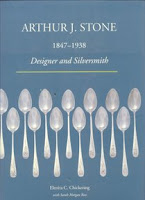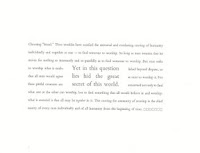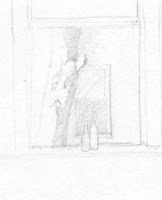Book Design & Production by Elizabeth Burke

Copyright 1994 Boston Athenaum Library, Boston, MA. Design and production by Elizabeth M. Burke. Copyright 1992 Kenneth Rosen. Designed and edited by Elizabeth M. Burke. Printed at the Ascensius Press, Maine. Other books I've copyedited, designed or produced: Barthel, Diane. The Preservation Project. New Jersey: Rutgers University Press. Germain, Sylvia. The Book of Nights. Boston, MA: David R. Godine Publisher. Kennedy, Rick, ed. Aristotelian and Cartesian Logic at Harvard: Charles Morton's a Logick System & William Brattle's Compendium of Logick. The Colonial Society of Massachusetts Mundy, James. No Rich Men's Sons. Maine: Harp Publications, 1996 Patten, Robert L. George Cruikshank's Life, Times, and Art. Vol 2. New Jersey: Rutgers University Press. Zallen, Doris K. Does It Run in the Family. Consumer's Guide to DNA Testing for Genetic Disorders. New Jersey: Rutgers University Press, 1997.




